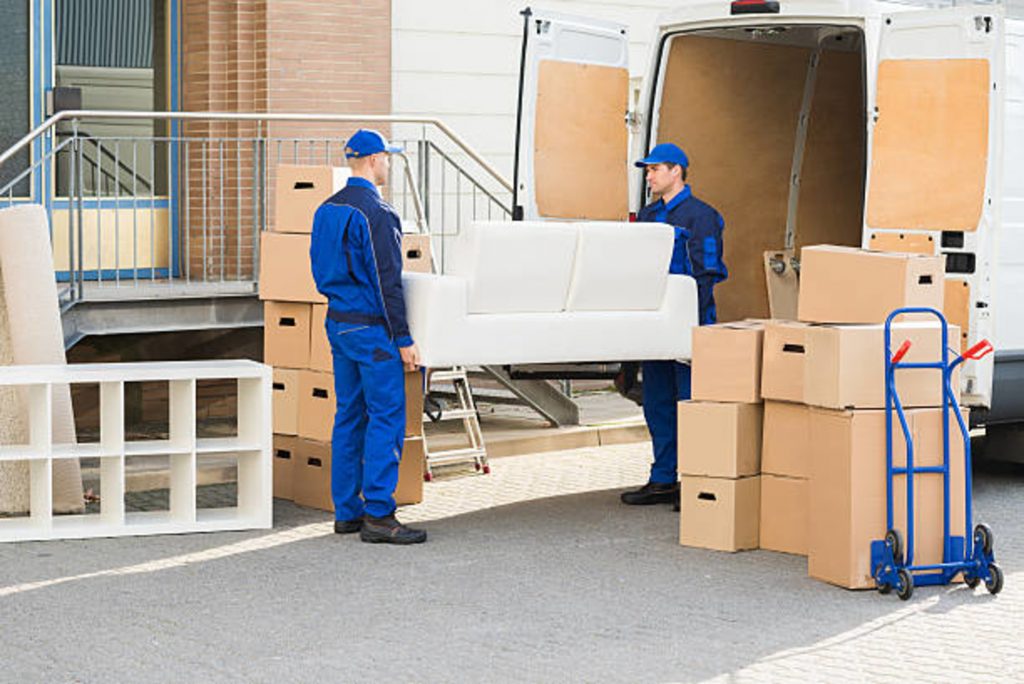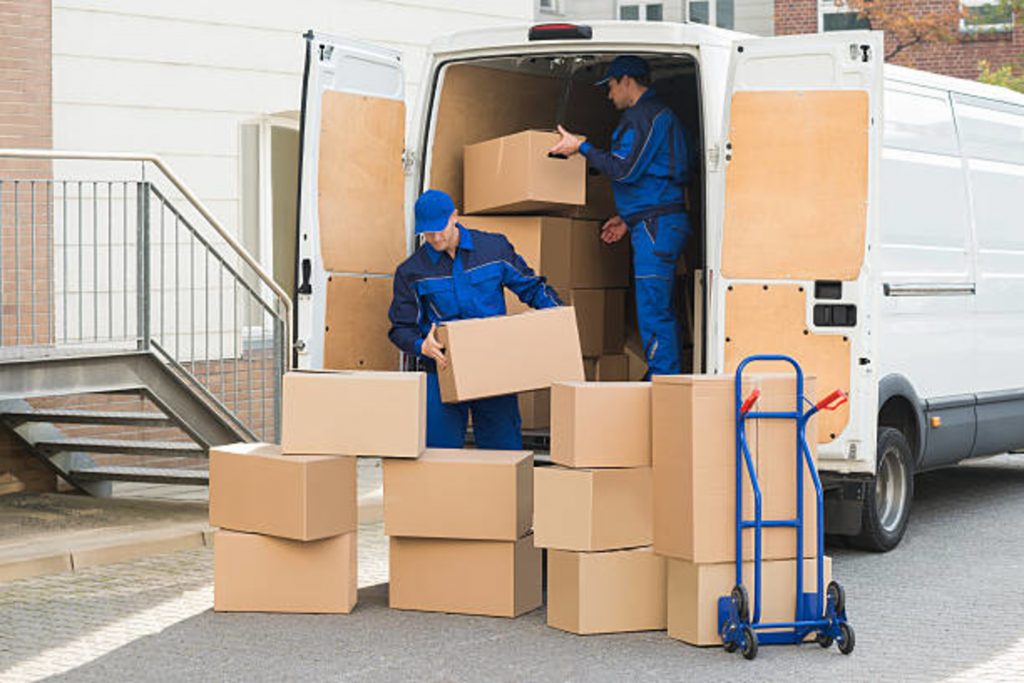Hiring a moving company can be intimidating, especially if you’ve never hired movers before. With tons of moving scams out there, it’s hard to tell who is trustworthy and who’s not. That being said, you can’t tell a good company from a bad one from its name alone. Some rogue movers have even stepped up their game by imitating the way legitimate ones talk and operate.
However, you shouldn’t worry too much. This article exists as a guide on how you can find reliable movers. Make sure to read until the end!
Identify Common Moving Scams
No matter the size, a move will always be a hassle and a significant source of stress. Knowing this, prevention is better than cure. It’s best to educate yourself on what to expect from dishonest movers before they can even try to rip your pockets. Below are some of the most common moving scams, so be on guard against them.
- The movers give you a cheap price that sounds too good to be true. This is just their way of baiting you to sign the deal. Once done, they’ll either take off with your money or hold your belongings hostage.
- The contracts they provide are either blank, confusing, or incomplete. Some rogue movers only make you sign for formality, or they use complex words to make you agree to something you don’t fully understand. Be sure to read the contract twice — thrice if you have to!
- The movers ask you to pay a large deposit. Keep your money. No legit moving company will ask you to pay until your move has been completed satisfactorily.
- They phone over your estimate. This primarily applies to long distance moves. By law, an interstate mover must provide an in-home estimate. Credible movers will always evaluate a home in person. How can they provide an accurate price without seeing your stuff?
While these things are typical for most rogue movers, some still utilize cunning methods to lure you into their trap. This brings you to the next precaution to take.
Check Your Moving Company’s Legibility
Identifying the red flags is just half of the homework. Any professional moving company, no matter how small, should have a license to operate. It’s legal proof that they know what they’re doing and that the government trusts them to do their job without any fraud.
Here are some tips on how to check for your movers’ license and credibility.
- Ask for their USDOT number if you’re moving out of state. The Federal Motor Carrier Safety Administration (FMCSA) only grants this number to movers without any record of fraudulent activity and has complied with every legal requirement set by the department. After obtaining it, you can run the number on the mover search tool.
- Refer to the BBB. The Better Business Bureau (BBB) is a non-profit private org that aims to expose every rogue mover in existence. Reach them out and provide your potential company’s name so they can run it on their database to see if there’s any unfavorable record or complaints.
- Reach out to your state. While the USDOT number applies to interstate moves, you should request info about your movers from your transportation department for local moves.
- Evaluate your mover’s online presence. Rogue movers are like assassins. They like to leave you empty-handed without a trace. That said, the last thing they want to happen is to be found on the Internet. Check your mover’s website if it’s up-to-date, well-written, and contains valid reviews from actual customers.

Discuss Liability Coverage
Whether you’re moving cross country or even just a few blocks away, you want to ensure that your belongings are properly cared for to avoid damage or getting lost in transit. Admit it. Even the top 10 movers in NYC can’t guarantee that they’ll do the job perfectly at all times. They’re just humans like you, after all. That’s why it’s best to protect yourself first in case things go south.
In light of these, there two common moving insurance you should be aware of.
- General liability coverage – this is the most basic type of insurance that every mover is obliged to provide. It’s free, but it doesn’t assure you much, with only $0.60 per pound of lost or damaged item as compensation. Definitely not the best way to protect your $1000 widescreen TV.
- Full-value protection – Opposite to general liability coverage, full-value protection obliges your movers to pay or replace your item’s actual value completely. Of course, you’ll have to pay a premium to keep it insured. That said, it’s best to get this coverage for your expensive appliances and furniture for your peace of mind.

Wrapping Up
Looking for a moving company isn’t difficult. There are tons of them everywhere. However, finding affordable yet reliable movers can be challenging. But not to worry. Just follow the tips above, don’t neglect your research, and you’ll be golden.
